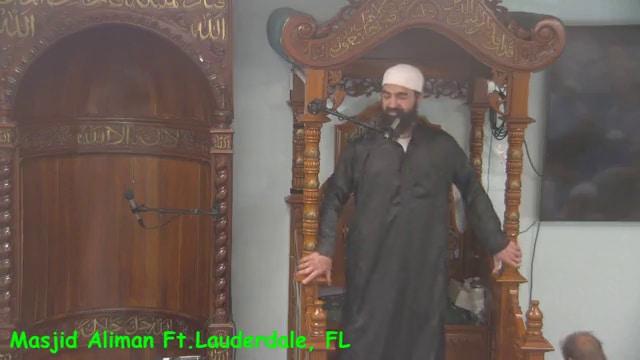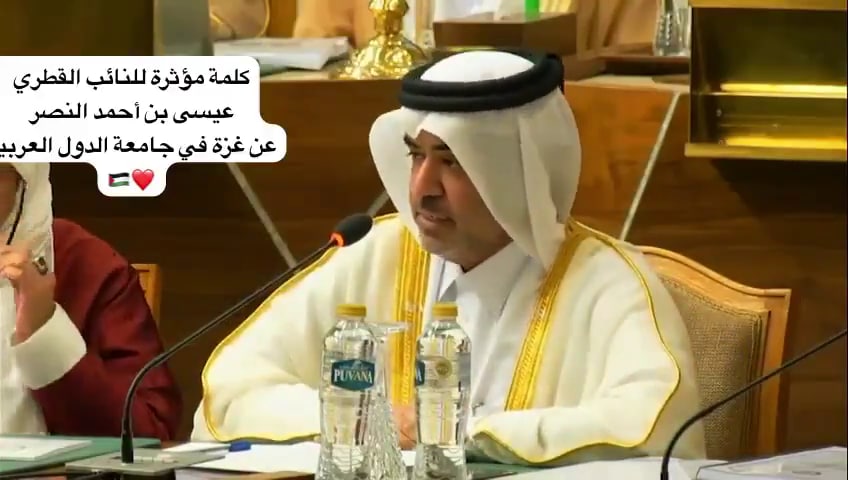
Syrian poet Ali Ahmad Said Esber, widely known by his nom de plume Adonis, was interviewed on April 15 by France 24 TV, where he said that religion should be a private experience of individuals, and that "if we do not separate religion and state... we will remain trapped in a vicious circle." Adonis called for equality for women and for the establishment of a secular democratic society, governed by the rule of law and not by tribal or sectarian considerations. Warning that following the Arab Spring, the movement has been toward "restoring the culture of Islamic imperialism," he asked: "How come the Muslims do not engage in a new and revolutionary reading of the Quran?" and said: "We need a revolution within Islam, in order to change its initial perception, which has dominated for 1,500 years."
Ali Ahmad Said Esber: "Islamic culture was established on three foundations. The first is the notion that the Islamic prophecy is the final prophecy, which cannot be followed by any other. The second foundation is that the facts delivered by that prophecy are the final facts. The third foundation is that the world is divided into Muslims and infidels.
[...]
"This would be comprehensible if it had related to individuals only. But it was interpreted by the political authorities as pertaining to society as a whole.
[...]
"I believe that from now on, religion should be – as it is worldwide – a private experience obligating the individual believer alone. We should respect and defend that private experience, but an individual has the right not to believe just as he has the right to believe."
Interviewer: "How can we change..."
Ali Ahmad Said Esber: "Religion is the faith of an individual, not of society as a whole.
[...]
"The second issue is women's liberation. In Arab societies, women have no presence. Women should be independent and free, and should gain control over their lives and their destiny. Our society is paralyzed. Half of it does not exist. The third point has to do with democracy. We must establish a secular and democratic society, governed by the rule of law, completely detached from all tribal and sectarian frameworks."
[...]
Interviewer: "What has changed in that respect in recent years, following the Arab Spring?"
Ali Ahmad Said Esber: "Nothing, unfortunately. On the contrary, the general movement is in the direction of restoring the cultural of Islamic imperialism. So far – and the Arab Spring is the best evidence of that... The armies fighting in the name of the Arab Spring are imperialist. They view the other, whom they consider to be non-Muslim, as someone who must pay the jizya poll tax..."
Interviewer: "That's a generalization. Democratic forces took part in that movement..."
Ali Ahmad Said Esber: "Fine. We hope that this will continue. We want to see the entire world opposing those [Islamist] forces.
[...]
"If we do not separate religion and state, there can be no change. We will remain trapped in a vicious circle. How come the Muslims do not engage in new and revolutionary reading of the Quran? We need a revolution within Islam, in order to change its initial perception, which has dominated for 1,500 years. But we cannot effect any fundamental change unless our age-old cultural perceptions change."













